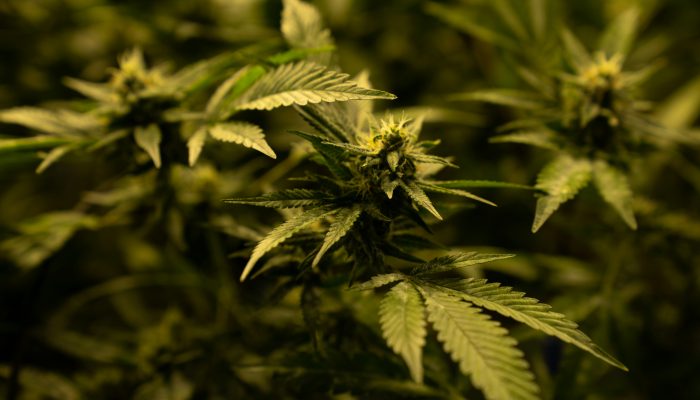The first thing to know about South Dakota’s recreational marijuana ballot measure is what it doesn’t do: legalize marijuana sales.
That would require later legislative action.
Initiated Measure 29 would lay the groundwork for that potential action by legalizing the possession, use and free distribution of up to 2 ounces of marijuana for adults 21 and older, which is currently a misdemeanor punishable by up to a year in jail.
It would also decriminalize marijuana edibles and cannabis concentrates, the possession of which is currently a felony in South Dakota punishable by up to five years in prison.
“Distribution” under IM 29 means “transfer without consideration of not more than the possession limit.” Under South Dakota law, the words “without consideration” mean “for free.”
In other words, only the free distribution of 2 ounces or less would be legalized by IM 29, not sales. The Legislature, during its annual January-to-March lawmaking session, would have the discretion to authorize sales.
The lack of provision for a retail market is tied to what happened the last time a majority of South Dakota voters backed recreational marijuana. In 2020, voters passed a constitutional amendment legalizing both recreational and medicinal marijuana, but it was overturned in court for violating the state constitution’s single-subject rule for ballot initiatives.
“We didn’t want to get dragged back into court on another single-subject challenge,” said Matthew Schweich of South Dakotans for Better Marijuana Laws, which is supporting the Nov. 5 ballot measure.
You can read the full article at South Dakota Searchlight.

